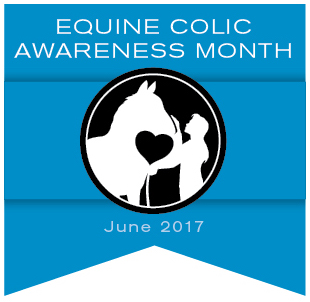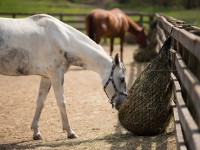
Crusade Against Equine Colic’s mission is to save as many horses as possible from deadly and debilitating bouts of equine colic through educating you – the horse men and women who care for them. This four-part series walks you through the keys to understanding and reducing the risks for GI health related colics in horses. Know your horses’ risk for colic Evaluate your horse for early warning signs Know your horse [ Read More ]
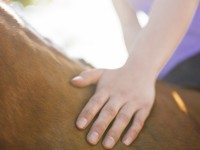
Crusade Against Equine Colic’s mission is to save as many horses as possible from deadly and debilitating bouts of equine colic through educating you – the horse men and women who care for them. This four-part series walks you through the keys to understanding and reducing the risks for GI health related colics in horses. Know your horses’ risk for colic Evaluate your horse for early warning signs Know your horse [ Read More ]
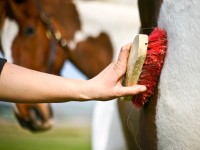
Crusade Against Equine Colic’s mission is to save as many horses as possible from deadly and debilitating bouts of equine colic through educating you – the horse men and women who care for them. This four-part series walks you through the keys to understanding and reducing the risks for GI health related colics in horses. Know your horses’ risk for colic Evaluate your horse for early warning signs Know your horse [ Read More ]
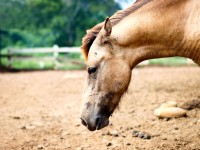
Crusade Against Equine Colic’s mission is to save as many horses as possible from deadly and debilitating bouts of equine colic through educating you – the horse men and women who care for them. This four-part series walks you through the keys to understanding and reducing the risks for GI health related colics in horses. Know your horses’ risk for colic Evaluate your horse for early warning signs Know your horse [ Read More ]
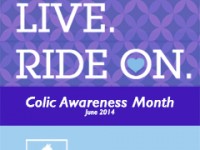
Part 4 of 4 in the 2014 Equine Colic Awareness Month Series While colic in horses is often unavoidable, many colics with unknown causes may be related to poor digestive health, and thus could have been prevented. Scientific research and experience both correlate several common management practices to poor gut health as well as increased colic risk. As care givers and decision makers for our horses, the most important thing [ Read More ]

Part 3 of 4 in the Colic Awareness Month Series As we discussed in the first two articles of this series, the first steps in avoiding colic in your horse are: 1) knowing the factors that increase risk for colic and 2) recognizing the early warning signs of poor gut health that could signal increased colic risk. The next critical step in recognizing colic early, or when poor digestive health [ Read More ]

Part 2 of 4 in the 2014 Colic Awareness Month Series Last week we discussed four common management practices that contribute to poor gut health in horses and could lead to colic: keeping horses in stalls, limiting access to forage, feeding grain, and training and traveling. Even just one of these factors discussed in Know Your Horse’s Risk for Colic may pose a problem for equine gut health. Diarrhea, loss [ Read More ]

The article was written by Rebecca Barber, our 2014 “spokes-horseperson” for Colic Awareness Month. How often do you hear of, or read about, the unexpected passing of a horse from a bout of colic? Whether it’s a young rider’s three-foot jumper or an upper level event horse, such stories tug at our heartstrings. We mourn for those who have lost while we snuggle with our own creatures, hoping that it [ Read More ]

Part 1 of 4 in the 2014 Colic Awareness Month Series Despite the fact that colic is the number one medical cause of death in horses, it can be easy to assume, “it could never happen to my horse.” Colic is something that happens to other people’s horses, right? In reality, your horse may be at a greater risk for colic than you realize. The first step in preventing colic [ Read More ]
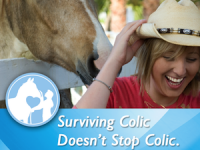
2013 Equine Colic Awareness Month Series Part 2 of 4 When your horse colics, knowing the common signs, calling the vet, and getting through even a minor colic is a temporary band-aid, not a permanent fix. Throughout the month of June, the second annual Equine Colic Awareness Month, we will be discussing the importance of colic prevention, why horses are prone to colic, how poor digestive health – as a [ Read More ]












